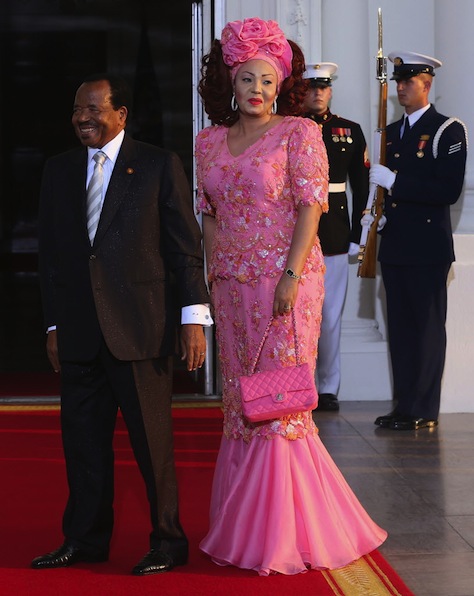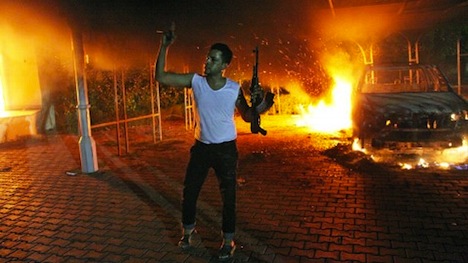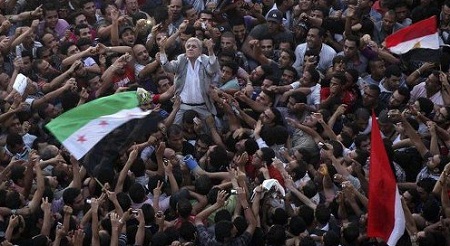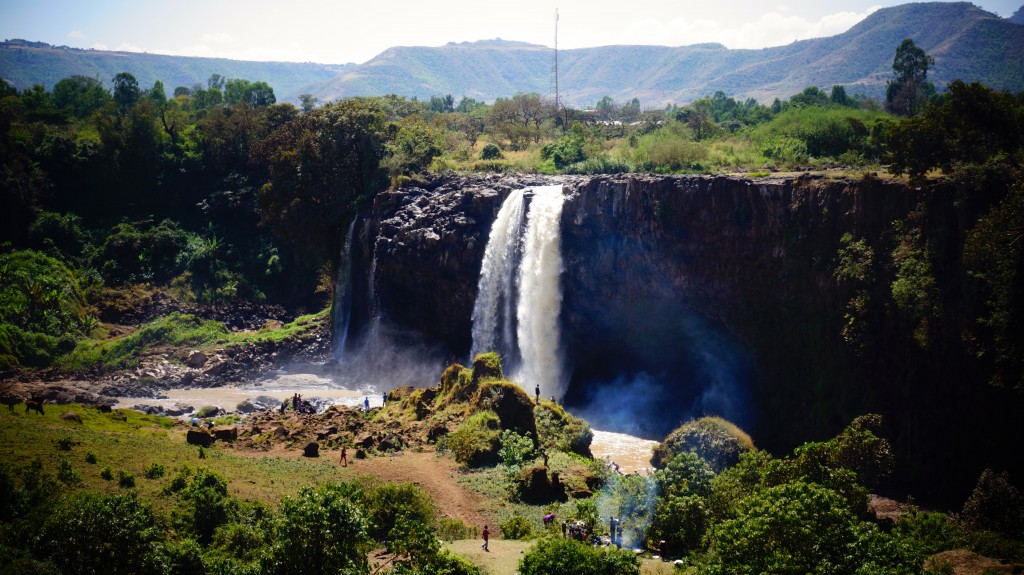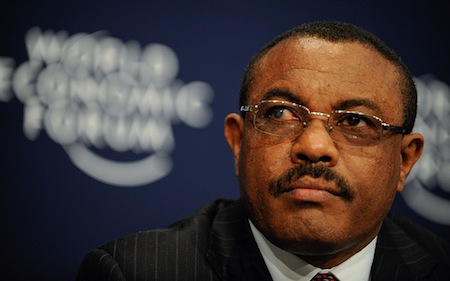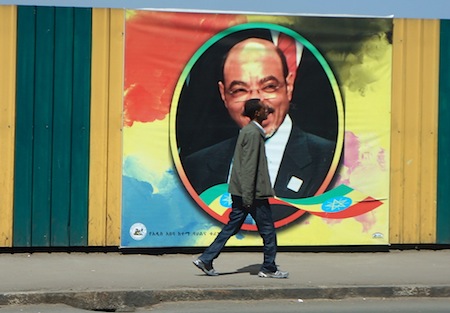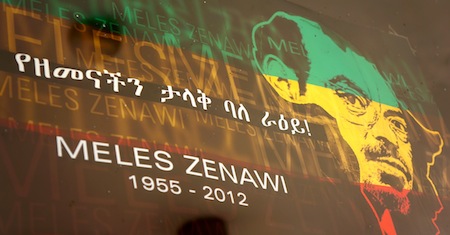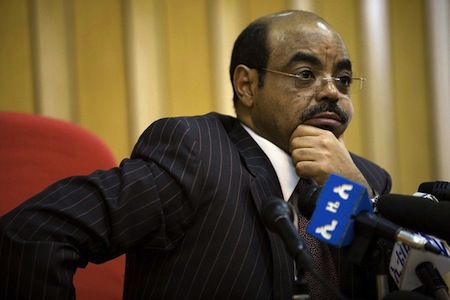Suffragio is on hiatus for the next week — I’ll have extremely minimal access to the Internet, and I’ll be busy meeting new friends in a new place.
In the meanwhile, there’s going to be quite a bit of electoral politics to watch:
- Ireland
 votes on May 22 in a referendum to permit same-sex marriage. If polls are correct, it would mark the first time an entire country chooses by direct vote to legalize marriage equality. Ireland, however, remains a socially conservative country where the Catholic church’s influence is strong. Abortion was essentially legalized only in 2013, and there’s every possibility that anti-marriage forces could win an upset. Polls may not be accurately capturing ‘shy’ anti-LGBT voters and, although there’s a majority of Irish voters in favor of marriage equality, it might not be as motivated as anti-marriage voters.
votes on May 22 in a referendum to permit same-sex marriage. If polls are correct, it would mark the first time an entire country chooses by direct vote to legalize marriage equality. Ireland, however, remains a socially conservative country where the Catholic church’s influence is strong. Abortion was essentially legalized only in 2013, and there’s every possibility that anti-marriage forces could win an upset. Polls may not be accurately capturing ‘shy’ anti-LGBT voters and, although there’s a majority of Irish voters in favor of marriage equality, it might not be as motivated as anti-marriage voters.
RELATED: Scotland passes same-sex marriage,
joining England and Wales
- Ethiopia votes o
 n May 24 in what it calls an election. But there’s no indication that the vote will be free and fair, especially in a government climate that disrespects press freedom and has suppressed Oromo and other ethnic groups. Prime minister Hailemariam Desalegn, a southerner, is the nominal successor to the late Meles Zenawi, but there’s no real indication he is anything more than a figurehead. Meles’s ruling Ethiopian People’s Revolutionary Democratic Front (EPRDF, or የኢትዮጵያ ሕዝቦች አብዮታዊ ዲሞክራሲያዊ ግንባር) and, in particular, Tigray figures within its leadership, continue to call the shots.
n May 24 in what it calls an election. But there’s no indication that the vote will be free and fair, especially in a government climate that disrespects press freedom and has suppressed Oromo and other ethnic groups. Prime minister Hailemariam Desalegn, a southerner, is the nominal successor to the late Meles Zenawi, but there’s no real indication he is anything more than a figurehead. Meles’s ruling Ethiopian People’s Revolutionary Democratic Front (EPRDF, or የኢትዮጵያ ሕዝቦች አብዮታዊ ዲሞክራሲያዊ ግንባር) and, in particular, Tigray figures within its leadership, continue to call the shots.
RELATED: Can Hailemariam retain power in Ethiopia?
- Poland v
 otes on May 24 in a runoff to determine the chiefly ceremonial president. Polish president Bronisław Komorowski narrowly trailed his conservative rival Andrzej Duda in the first round on May 10, with over 20% of voters choosing neither candidate and instead supporting former rock musician Paweł Kukiz. The two contenders are now facing a too-close-to-call runoff. If Komorowski loses (and even if he narrowly wins reelection), it could mean trouble for the ruling Platforma Obywatelska (PO, Civic Platform), which has held power since 2007.
otes on May 24 in a runoff to determine the chiefly ceremonial president. Polish president Bronisław Komorowski narrowly trailed his conservative rival Andrzej Duda in the first round on May 10, with over 20% of voters choosing neither candidate and instead supporting former rock musician Paweł Kukiz. The two contenders are now facing a too-close-to-call runoff. If Komorowski loses (and even if he narrowly wins reelection), it could mean trouble for the ruling Platforma Obywatelska (PO, Civic Platform), which has held power since 2007.
RELATED: Komorowski trails in shock Polish presidential vote result
RELATED: Kopacz puts imprint on Poland’s new government
- Spain holds reg
 ional elections on May 24, a harbinger of December’s general election, in 13 of its 17 autonomous communities. The most populous include Madrid, Valencia and Castile and León. The elections will be a test for the two traditional Spanish parties, prime minister Mariano Rajoy’s conservative Partido Popular (PP, People’s Party) and the center-left Partido Socialista Obrero Español (PSOE, Spanish Socialist Worker’s Party), which have both presided over difficult economic conditions and budget contractions in the past six years. It’s also a test for two newer groups that hope to displace them, the anti-austerity, leftist Podemos and the centrist Ciudadanos (C’s, Citizens).
ional elections on May 24, a harbinger of December’s general election, in 13 of its 17 autonomous communities. The most populous include Madrid, Valencia and Castile and León. The elections will be a test for the two traditional Spanish parties, prime minister Mariano Rajoy’s conservative Partido Popular (PP, People’s Party) and the center-left Partido Socialista Obrero Español (PSOE, Spanish Socialist Worker’s Party), which have both presided over difficult economic conditions and budget contractions in the past six years. It’s also a test for two newer groups that hope to displace them, the anti-austerity, leftist Podemos and the centrist Ciudadanos (C’s, Citizens).
RELATED: Socialists thrive in Andalusian regional elections
Upon return, on May 26, I’ll have some brief thoughts on each election and, in particular, Ethiopia, which is one of the most fascinating and dynamic countries in sub-Saharan Africa today, even if its political system remains essentially authoritarian.
On May 31, Italy holds regional elections in several parts of the country, including some of the largest Italian regions like Puglia, Campania, Tuscany and Veneto.
The most important elections of the summer come on one day — June 7. That’s when Mexico holds midterm congressional elections and Turkey holds parliamentary elections.
It’s still a quiet spring and summer for electoral politics after the blitz of 2014’s elections. But there’s still much to look forward to later this autumn — from Guatemala to Canada, from Burma/Myanmar to Denmark and from Portugal to Argentina. And the lull in electoral politics will provide a chance to delve into the fascinating political dynamics of China and the Middle East — just because a country doesn’t have elections doesn’t mean it doesn’t have politics. Suffragio will be there for all of it.
In the meanwhile…


